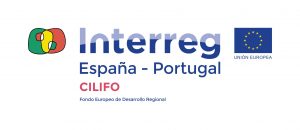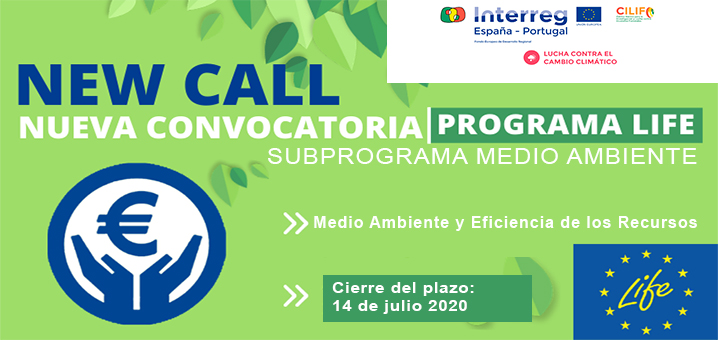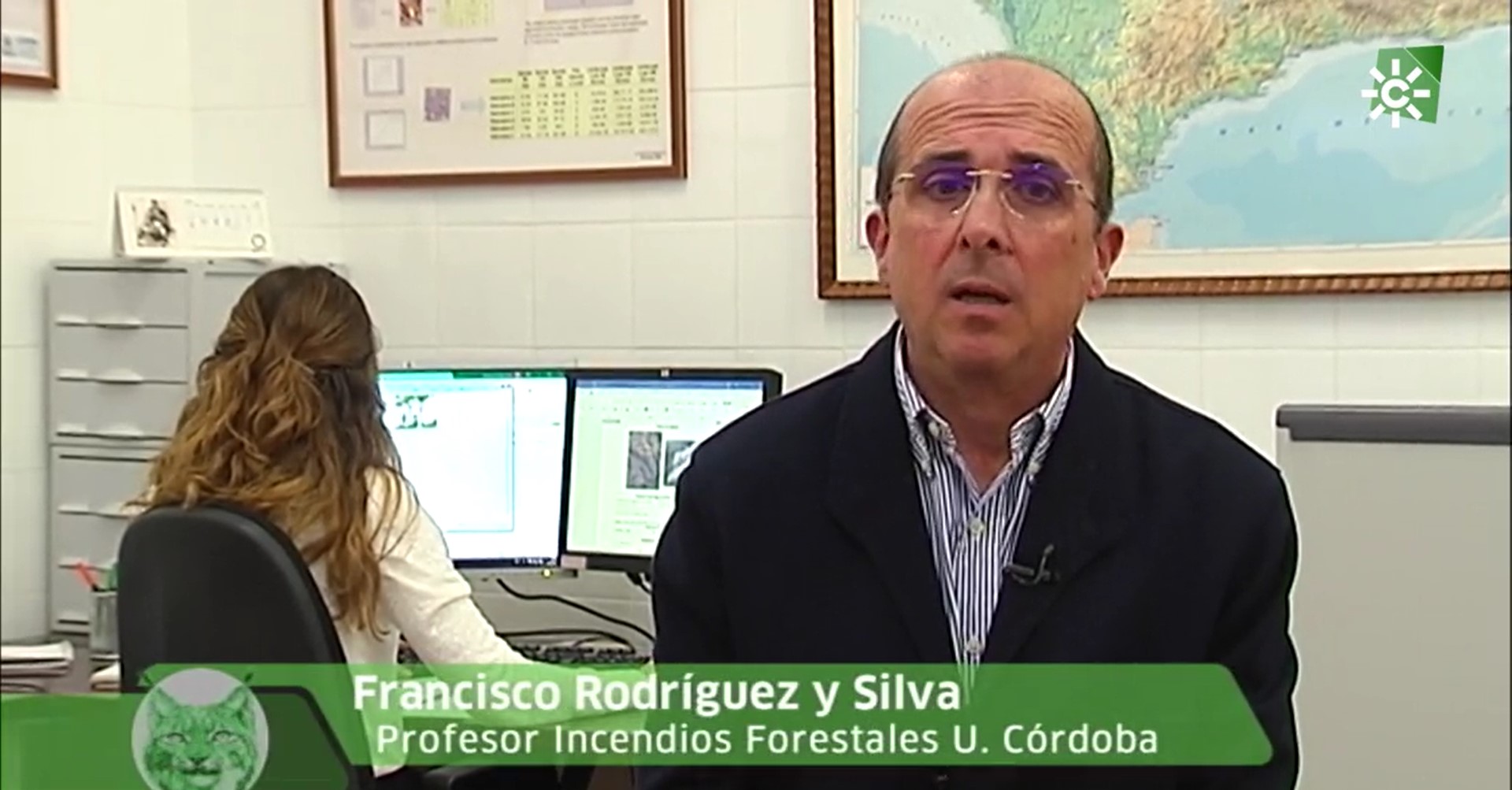17.04.2020. The Environment and Climate Action Programme (LIFE) is the European Union’s financial instrument dedicated to the environment for the period 2014-2020. Its overall objective is to contribute to sustainable development and the achievement of the objectives of the Europe 2020 Strategy and the EU’s environment and climate strategies. One of the sub-programmes of LIFE is the Environment, which represents 75% of the total funding.
LIFE co-finances up to 55% of projects in the priority area of Environment and Resource Efficiency (the Environment Sub-Programme) especially in the areas of air, chemicals, green and circular economy, industrial accidents, marine and coastal management, noise, soil, waste, water and urban environment. The programme provides grants for pilot and demonstration projects to develop, test and demonstrate policy or management approaches. It also covers the development and demonstration of innovative technologies, the implementation, monitoring and evaluation of EU environmental policy and law, as well as best practices and solutions. In particular, the European Commission seeks new technologies and solutions that are ready to be applied under near-market conditions, on an industrial or commercial scale, for the duration of the project.
In the framework of the LIFE Programme and the 2020 call, there are interesting opportunities to give continuity to several actions of the Iberian Centre for Research and Fight against Forest Fires (CILIFO). The project could obtain alternative sources of funding for some lines of study, research and dissemination being carried out by the project’s different Working Groups. Furthermore, a proposal promoted by CILIFO within the framework of the LIFE Programme could exploit the good practices of CILIFO and the results obtained by the CILIFO Working Groups.
The CILIFO project, which is a European project focused on the prevention and extinction of forest fires, as well as on the adaptation and mitigation of climate change, is led by the Andalusian Regional Government (Spain). CILIFO has the first accelerator/incubator specialized in the prevention and extinction of forest fires and co-founded by an Interreg programme in Europe, «Firefighting Open Innovation Lab – CILIFO», which can contribute with innovative solutions. This Open Innovation Lab welcomes entities (entrepreneurs, spin-offs, start-ups, SMEs…) working in the field of climate change adaptation and mitigation, including forest fire prevention and extinction.
Target: the programme is aimed at consortia between public and private organisations at local level, councils, town halls, universities, public or private companies (including SMEs) and associations. Startups and entrepreneurs can also apply for the aid, as innovation in low-cost technologies for easy application in different areas is particularly encouraged.
Procedure: the Environment Subprogramme is divided into two stages: first a 10-page «concept note» is presented. You can modify a concept note submitted as many times as you wish until the call for project proposals is closed. Then, if the concept reaches the second stage, it will be necessary to send the complete project proposal based on the comments of the LIFE programme. The average budget per project is EUR 1 to 2 million.
Deadline for concept notes for traditional environment and resource efficiency projects: 14 July 2020.
Project example: HyperIN
Hyper [IN] is a revolutionary thermal and acoustic insulation material with permanent fire resistance. It is an internationally patented material that is biodegradable, insulating and fireproof, manufactured mainly from recyclable materials, which is mainly applied in the construction sector. A characteristic of this product is that a large part of its components are obtained from recycled products following the principles of the circular economy. This project is characterized by applying the principles of the circular economy, since it is composed of recycled materials that are reused (such as rice straw), with the aim of providing solutions to various environmental problems using 100% recycled and natural materials.
Responding to the COVID-19 pandemic: Due to the COVID-19 health crisis, projects dedicated to the management of the COVID-19 pandemic have taken on special relevance for the European Commission, encouraging research into systems of contagion and control of pandemics. It is not only researching new drugs or vaccines that may be of special interest in the fight against the coronavirus, but also looking for projects that have a unique viability in this field so important at present.
EU applicants are encouraged to reflect on what elements of their project can help prevent, mitigate, manage the current crisis or recover from a similar health crisis in the future. The aim is that any project that has some element, however small, that can collaborate or add to a much larger and more coordinated response in the fight against the pandemic, can be investigated from a health approach in order to readapt it and turn it into a response that, coming from different projects, can become a solution greater than the sum of its parts.
For more information contact the Coordinator of the CILIFO project at the Finnova Foundation, José Manuel Requena (jrequena@finnova.eu) or visit the web.



